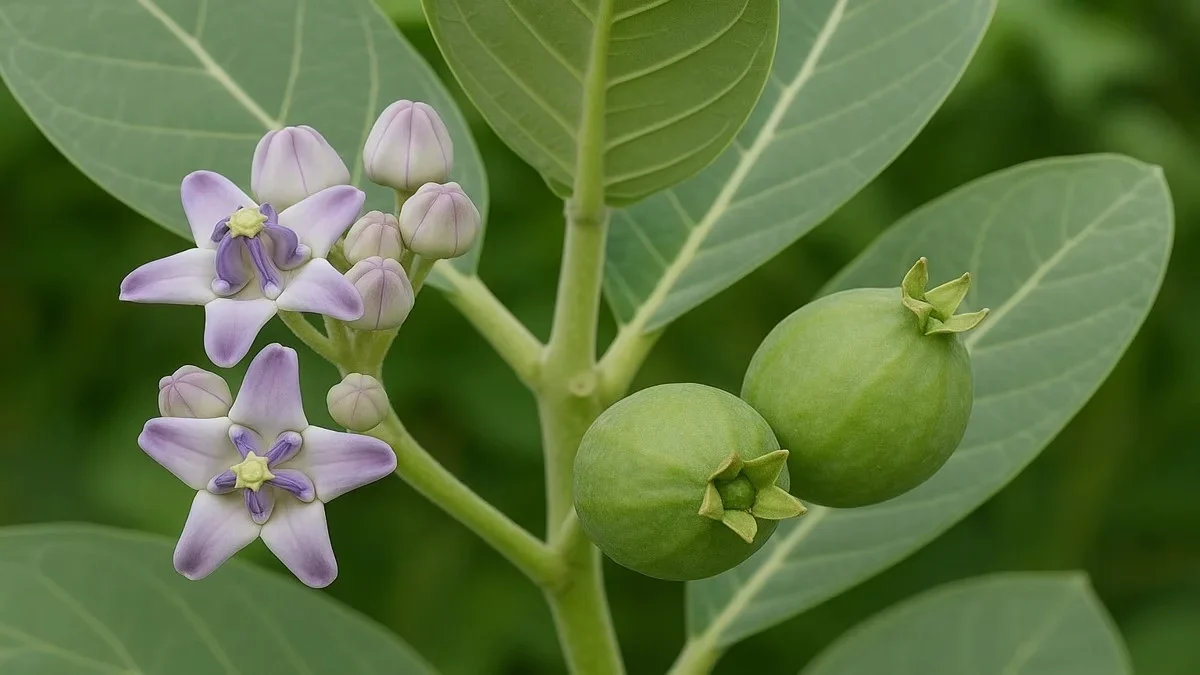Rheumatism Treatment
Rheumatism is a painful condition that affects joints, muscles, and connective tissues. In Ayurveda, it is often linked to imbalances in bodily vāyu (air element) and the presence of excess acidic toxins in the body. This article explores the symptoms, causes, dietary guidance, and effective natural and Ayurvedic remedies to manage and cure rheumatism.
Symptoms of Rheumatism
Rheumatism can manifest in various ways, including:
- Swelling of joints or muscles
- Acute or chronic pain in the limbs
- Stiffness and limited mobility
- Visible deformity in affected areas
- Contractures in muscles or joints
These symptoms may vary in intensity and are often worsened by cold weather or inactivity.
Causes of Rheumatism in Ayurveda
According to Ayurvedic principles, rheumatism is caused by an imbalance of vāyu (air) due to the accumulation of acidic toxins in the body. Poor digestion, improper diet, and irregular bowel movements contribute to this acidic buildup. This condition shares many root causes with acidity or amla pitta.
Natural Ayurvedic Treatment for Rheumatism
1. Water Intake and Sun Therapy
- Hydration: Drink 4–5 seers (approximately 4–5 liters) of water daily, but avoid drinking large quantities at once.
- Sun Bathing: Expose the affected limb or the whole body to sunlight for 15–20 minutes once or twice daily.
- After sun exposure, gently wipe the body with a wet towel and rest in a shaded area.
- Continue this routine consistently, adjusting exposure time for summer and winter.
Recommended Ayurvedic Diet for Rheumatism
A predominantly alkaline diet is crucial in reversing rheumatic symptoms:
- Include:
- Sweet and sour fruits
- Roots (like radish, carrot, beet)
- Fresh vegetable soups
- Lemon water during fasting days (Ekādashī, Pūrṇimā, Amāvasyā)
- Avoid:
- Starchy and acidic foods like rice, roti, puri (luchi), and fried items
- Heavy, oily, and fermented foods
- Dinner Suggestion: Choose light and dry food like roti over rice. Eat an early and light dinner.
Dos and Don’ts for Rheumatism
- Ensure regular bowel movements.
- Follow a disciplined lifestyle, avoiding stress and lethargy.
- Incorporate moderate physical activity like light yoga or stretching.
- Avoid cold exposure and damp environments.
Ayurvedic and Natural Home Remedies for Rheumatism
Internal Remedies:
- Mild Purgative (Early Stage):
- 10–12 tender Sodala or Bichuti leaves fried in ghee and consumed with rice.
- Herbal Decoctions:
- Anantamūla (Hemidesmus indicus) extract with honey – daily in the morning.
- Guduchi (Giloy) extract – 5 tolas every morning.
- Triphala-Ginger Tonic:
- Boil 2 tolas of Triphala in ½ seer of water.
- Reduce to 1/8 seer, add 2 tolas ginger juice.
- Drink warm for 3 days – effective for rheumatic fever and related conditions.
External Applications:
- Topical Oils & Pastes:
- Castor oil mixed with salt – massage on painful joints.
- Ákanda (Calotropis) gum with salt – rub on affected areas.
- Warm paste of Sajne (Drumstick) gum + water + asafoetida – apply warm.
- Garlic + ginger + Apāmārga root paste – apply to swollen areas.
- Mustard oil fried with pork – rub on stiff joints.
- Tiger fat (where ethically permissible) – massage gently.
Final Thoughts
Rheumatism, though painful, can be effectively managed and reversed through consistent Ayurvedic practices. A focus on detoxification, sun therapy, an alkaline diet, and herbal remedies offers lasting relief without side effects. Always consult a qualified Ayurvedic practitioner before starting new treatments, especially for chronic cases.
Our guide highlights natural ways to soothe eczema with Ayurveda.
Learn about effective Ayurvedic remedies for stroke and paralysis.
“For a broader view on Ayurveda, visit the Nature Care Blog.”
Frequently Asked Questions:-
Q1. What is rheumatism?
Ans: Rheumatism refers to pain, stiffness, and inflammation in joints, muscles, or connective tissues. It often includes conditions like rheumatoid arthritis and chronic joint pain.
Q2. What causes rheumatism according to Ayurveda?
Ans: In Ayurveda, rheumatism is linked to Ama (toxins) accumulation due to poor digestion and an imbalance of Vata and Kapha doshas. This leads to joint pain, stiffness, and swelling.
Q3. What are the common symptoms of rheumatism?
Ans: Persistent joint pain and swelling
Morning stiffness
Muscle tenderness and weakness
Fatigue and low energy
Difficulty in joint movement
Q4. Can Ayurveda cure rheumatism permanently?
Ans: Ayurveda works to reduce pain, detoxify the body, balance doshas, and strengthen joints. Complete cure depends on the stage and severity, but Ayurvedic treatment often provides long-term relief and prevents progression.
Q5. Which Ayurvedic herbs are useful for rheumatism?
Ans: Ashwagandha (Withania somnifera) – reduces inflammation and strengthens muscles
Shallaki (Boswellia serrata) – relieves joint stiffness and swelling
Guggulu (Commiphora mukul) – improves mobility and reduces pain
Turmeric (Curcuma longa) – natural anti-inflammatory
Triphala – supports detoxification and digestion
Trusted External Resources
For more information on Ayurveda, yoga, and natural wellness, explore these authoritative resources:
